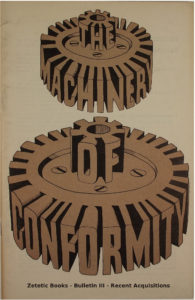
Bulletin III – More recent acquisitions, including an A.L.S by Florence Nightingale, a cheque signed by Charles Dickens, a complete set of the first series of Anarchy and much (well a little bit) more!
In a desperate attempt to salvage something from the York book fair, we present Bulletin II, nine items, (all purchased at the fair), including a broadside on the treadmill (the original one in gaol and not the the modern one in the gym), a prescription signed by Guillotin (better, but incorrectly, known as the inventor of the Guillotine) and a warrant signed by George IV and Melbourne committing a patricidal vicar to a mental asylum
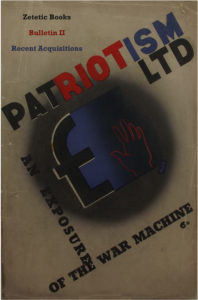
Here we go again, back up to York for the 2016 PBFA Book Fair, not too much in the way of new stock for this, so we won’t be taking much with us, but with about two hundred other stands there is plenty for you all to see – See you there…
Possibly too lazy to compile full catalogues, (which compared to many in the trade are only short lists anyway), here at ZHQ we have decided to embark on a new feature – which we have decided to call ‘Bulletins’.
These will be short lists, (yes, even shorter than the catalogues), of recent acquisitions and possibly some brief thematic lists (presuming we do actually acquire some books in the near future), which we hope will appear regularly and be of some interest to someone… With that in mind, behold the link to the first one!
Including food stamps, broadsides (one unrecorded), Shakespeare and Garibaldi and documents organising Somerset with fears of Napoleonic invasion
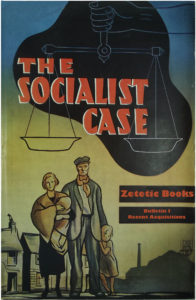
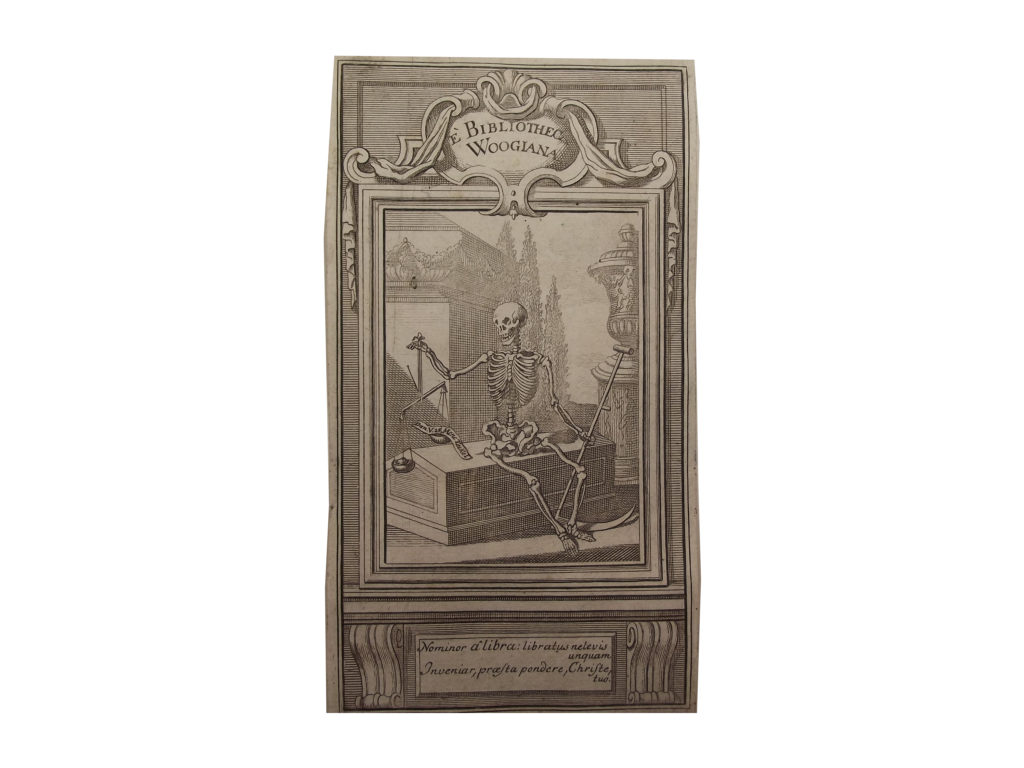 A recent addition to the biblio-ephemera collection here at ZHQ is the bookplate of Karl Christian Moritz Woog (1684-1760), who was a German evangelical Minister who apparently devoted himself to scientific work, and more importantly for us, ‘collected a handsome library’ (Muller – General German Biography). The library, wonderfully named Bibliothecae Woogianae, was sold at auction in Dresden in 1755, and as you would expect was largely theological in content, though there were works on history, philosophy, economics and medicine – it can be viewed here
A recent addition to the biblio-ephemera collection here at ZHQ is the bookplate of Karl Christian Moritz Woog (1684-1760), who was a German evangelical Minister who apparently devoted himself to scientific work, and more importantly for us, ‘collected a handsome library’ (Muller – General German Biography). The library, wonderfully named Bibliothecae Woogianae, was sold at auction in Dresden in 1755, and as you would expect was largely theological in content, though there were works on history, philosophy, economics and medicine – it can be viewed here
Our example is unfortunately slightly cropped, losing the name of the designer and engraver, there is a better image here which shows both names. The bookplate was designed by Wernerin (probably Anna Maria Werner) and engraved by C.F. Boetius. It is, unfairly in my view, described by Hardy as “perhaps the most gloomy book-plate that it ever entered into the mind of man to conceive. A skeleton sits upon a coffin, or a coffin-shaped tomb, holding in his right hand a pair of scales and in his left a scythe; in the lighter balance of the scales is a scroll, bearing the inscription; ‘Dan v.25, Mene Tekel;’ in the background we see monuments, Lombardy poplars or cypress trees, and a distant landscape. This uninviting picture is contained in a frame, inscribed, in a medallion above, ‘E. Bibliotheca Woogiana’, and below, Nominor a libra: liberatus ne levis unquam Inveniar, praesta pondere, Christe, tuo‘ – a motto in which the owner makes a play upon the derivation of his name from wage, the German for a weight or balance, and asks the bestowal of divine weight on the day of soul-weighing” (W.J. Hardy, Book-Plates, 1893, pages 95-96)
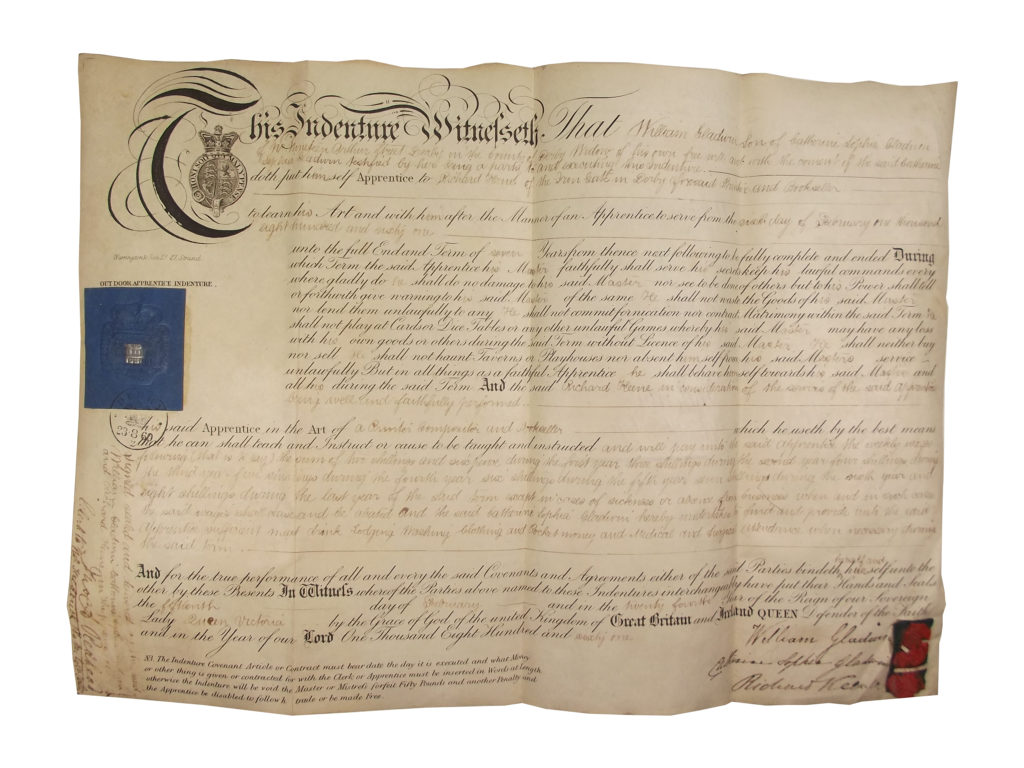
The above apprenticeship indenture was purchased recently to go into the biblio-ephemera collection here at ZHQ.
It is from February 1861 and apprentices William Gladwin, of 19 Arthur Street Derby, to Richard Keene of the Iron Gate, Derby, printer and bookseller, for a period of seven years to learn the art of printer, compositor and bookseller.
As usual it prohibits the apprentice from having any fun – “he shall not commit fornication nor contract matrimony within the said term. He shall not play at Cards or Dice Tables or any other unlawful Games … He shall not haunt Taverns or Playhouses nor absent himself from his said Masters service unlawfully”
Unfortunately there is no information on either master or apprentice on the BBTI, however Richard Keene is quite well known as an early photographer, particularly of Derbyshire (See Hannavy, Encyclopedia of Nineteenth-Century Photography, page 792)
The rescue of probably the most important private library in Ireland